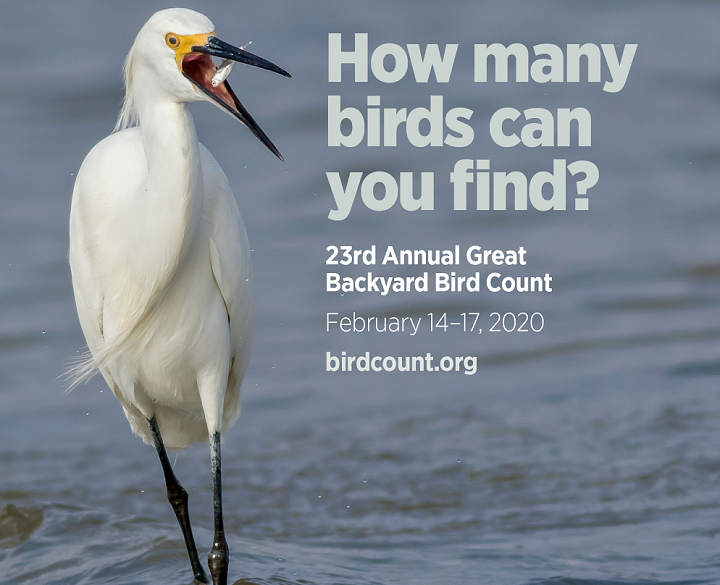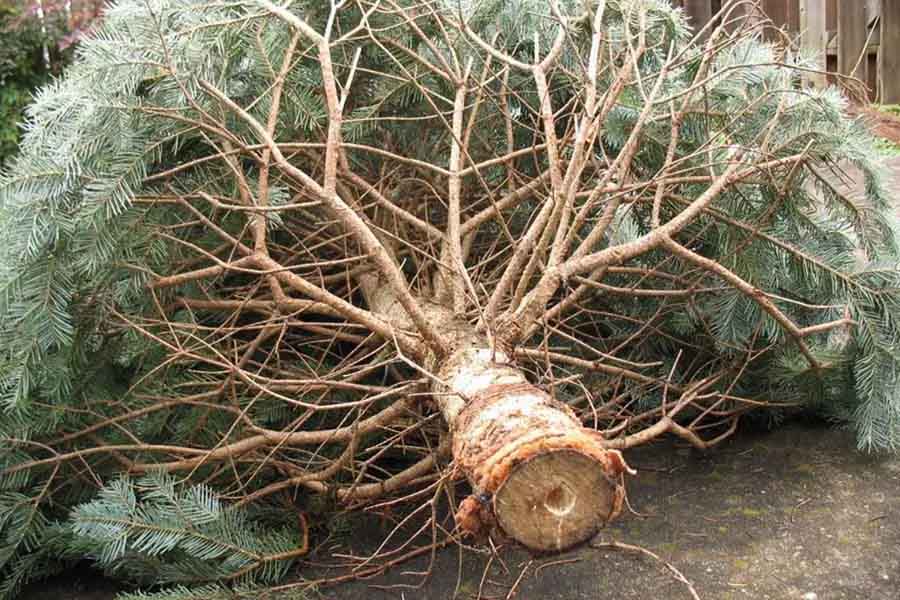
Love is in the air this Valentine’s Day weekend for birds during the 23rd Great Backyard Bird Count.
First Lady Kristin Cooper is kicking off the count on Valentine’s Day Friday by watching birds with students at the Executive Mansion. The count ends Monday.
Supporter Spotlight
Volunteers will count the birds they see for at least 15 minutes on one or more days of the count, and then enter their checklists at birdcount.org.
During the 2019 count, bird watchers from more than 100 countries submitted more than 210,000 bird checklists reporting a record 6,850 species–more than half the known bird species in the world, according to Audubon North Carolina. The bird count data highlights trends over many years, apart from the normal short-term fluctuations in bird populations.
“Counting birds in your own backyard with friends and family is a lot of fun, but it’s also serious science. Collecting these data tells us important things about the health of bird populations, a service that has only become more critical as birds face existential threats from habitat loss and changes to our climate,” Andrew Hutson, Audubon North Carolina executive director and National Audubon Society vice president, said in a news release.
A study published last fall by Science journal, scientists showed that there’s a decline of more than one in four birds in the United States and Canada since 1970, about 3 billion birds gone, according to Audubon North Carolina. Additionally, Audubon scientists show in the Survival By Degrees that nearly two-thirds of North America’s bird species could disappear due to climate change.
“In order to understand where birds are and how their numbers are changing, we need everybody’s help,” said the Cornell Lab of Ornithology’s Marshall Iliff, a leader of the eBird program, which collects the Great Backyard Bird Count data. “Without this information, scientists will not have enough data to show where birds are declining.”
Supporter Spotlight
Birds from around the world are facing similar challenges and declines. Counting birds for science is one simple action that individuals can take to protect birds and the places where they live.
“Birds are important because they’re excellent indicators of the health of our ecosystems. Participating in the Great Backyard Bird Count is one of the easiest and best ways to help scientists understand how our changing climate may be affecting the world’s birdlife,” Chad Wilsey, interim Chief Scientist for National Audubon Society, said in the release. “All over the world people are paying more attention to our environment and how it’s changing. There’s a lot of bad news out there, but in just 15 minutes you can be part of a global solution to the crises birds and people are facing.”
The Great Backyard Bird Count is a project of the Cornell Lab of Ornithology and the National Audubon Society with partner Birds Canada and is made possible in part by founding sponsor Wild Birds Unlimited.







